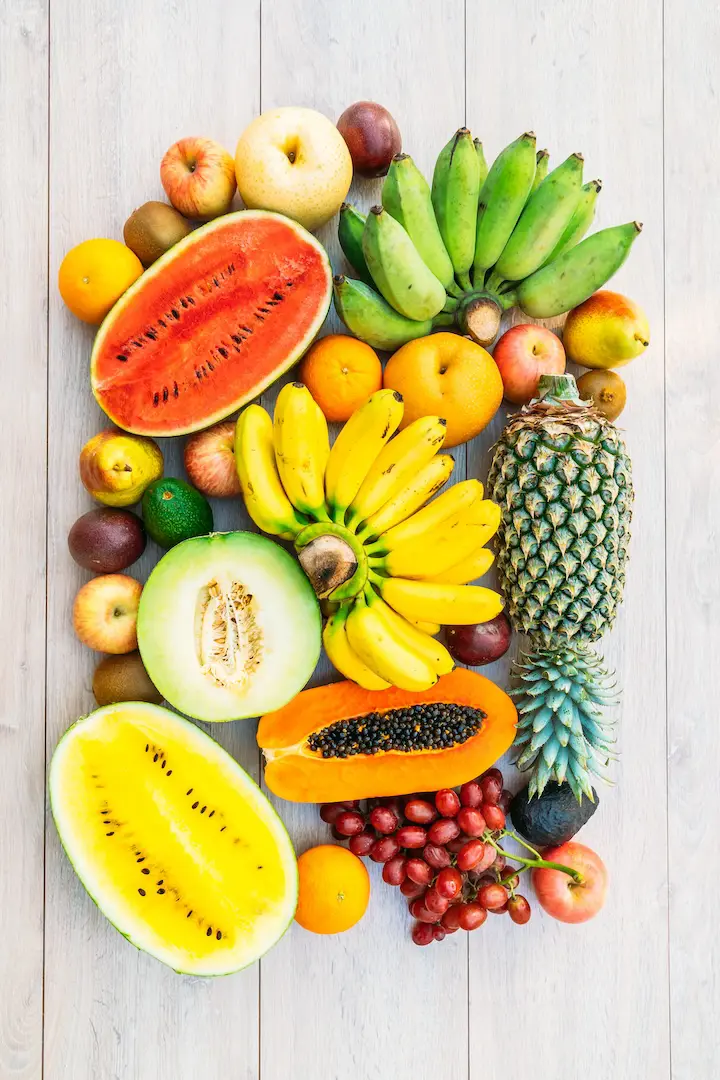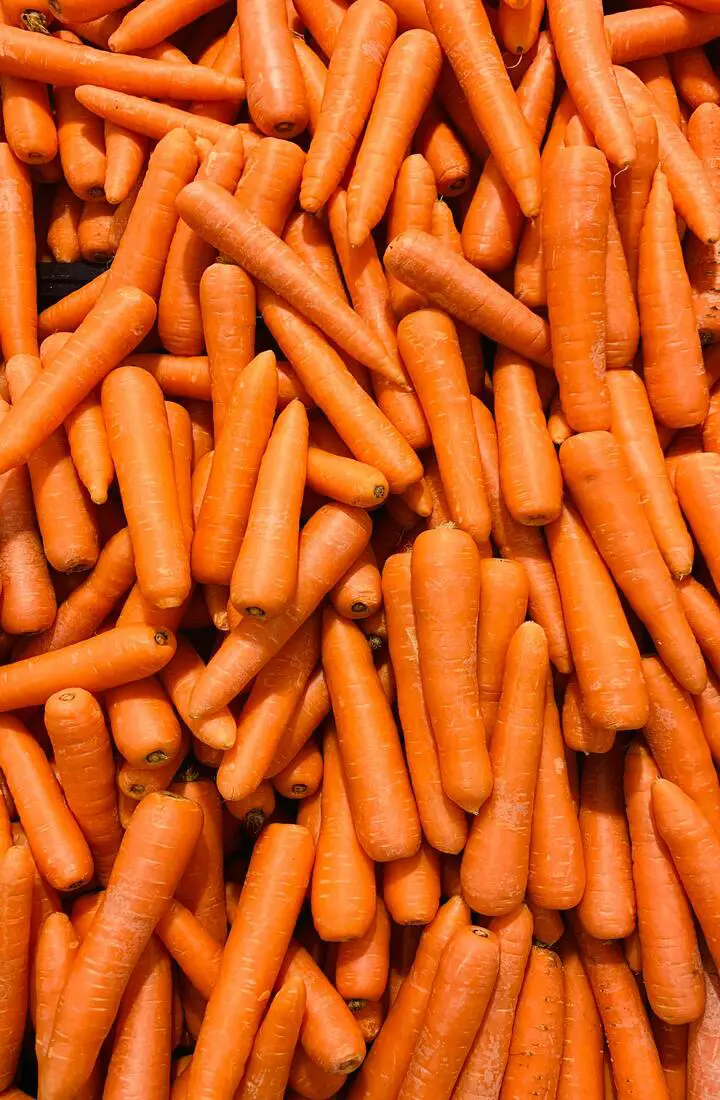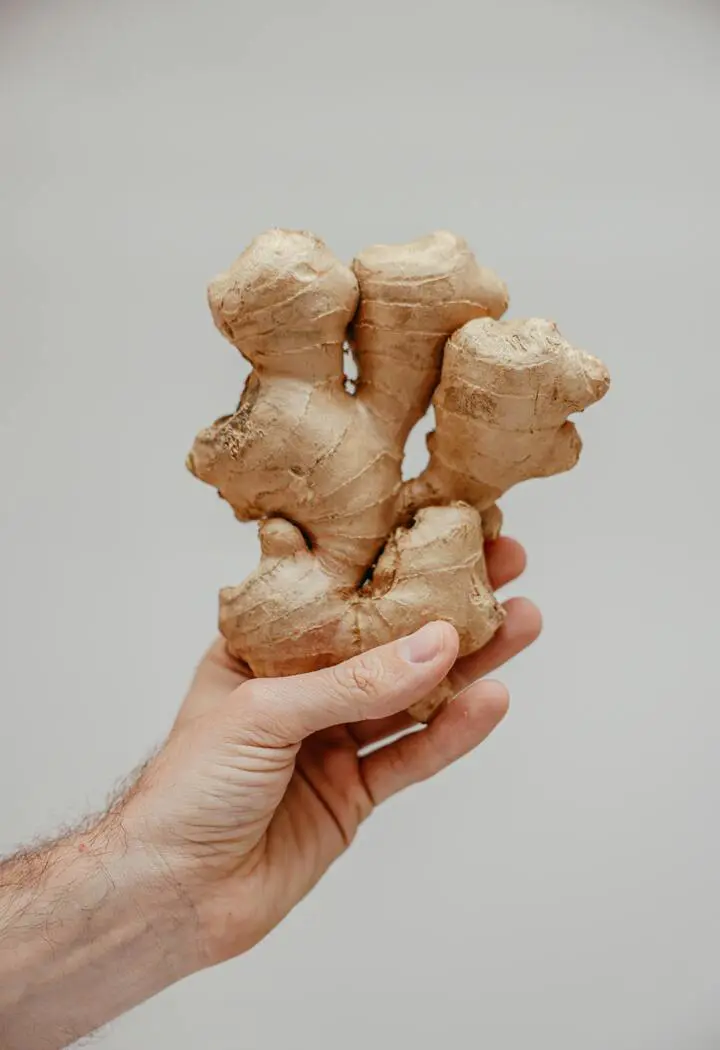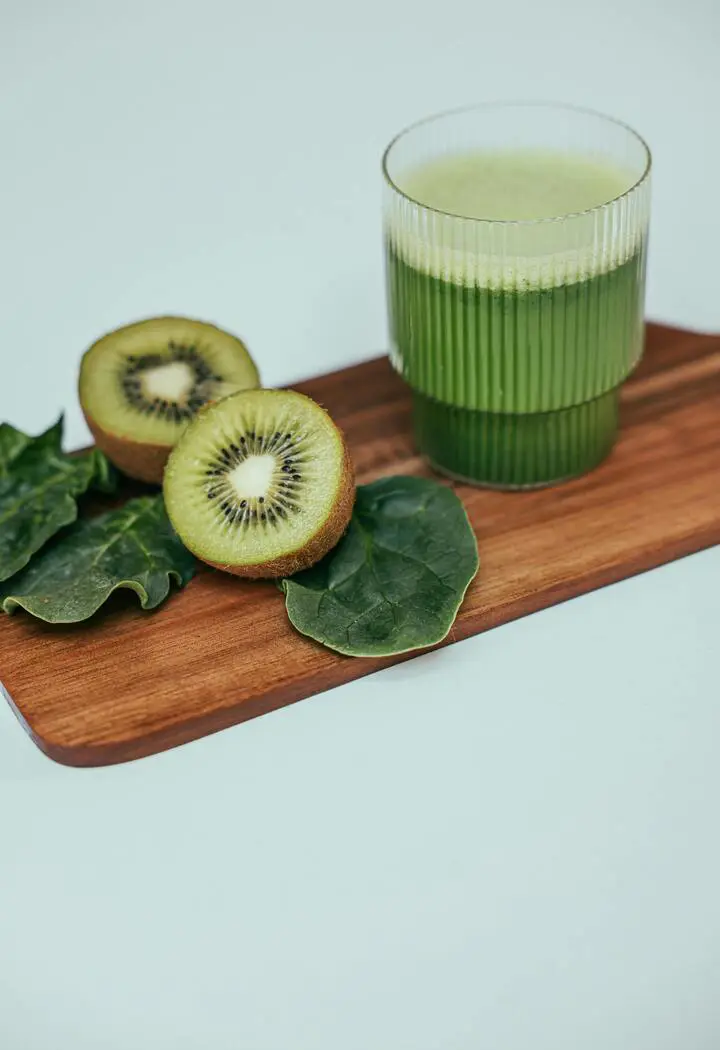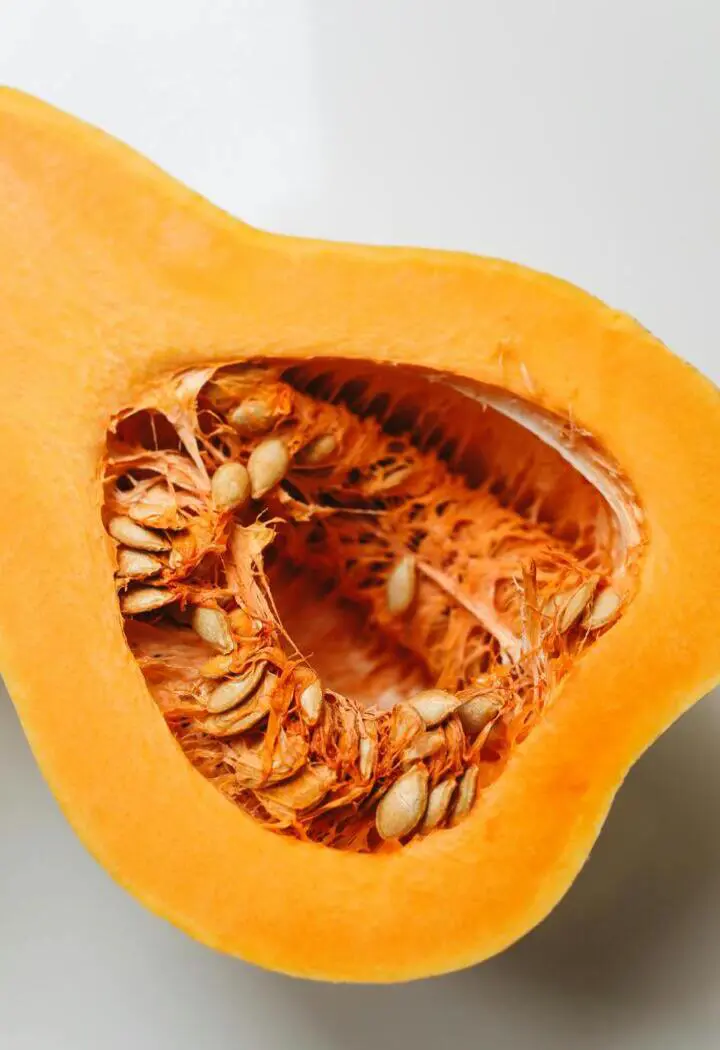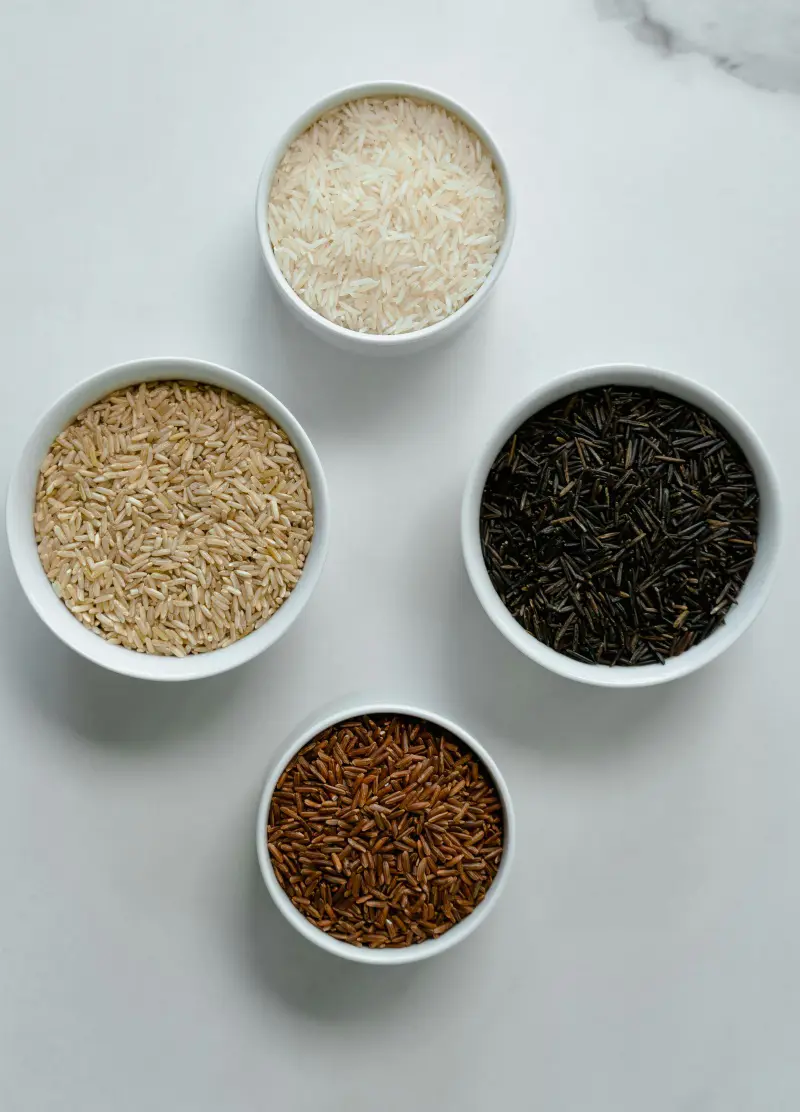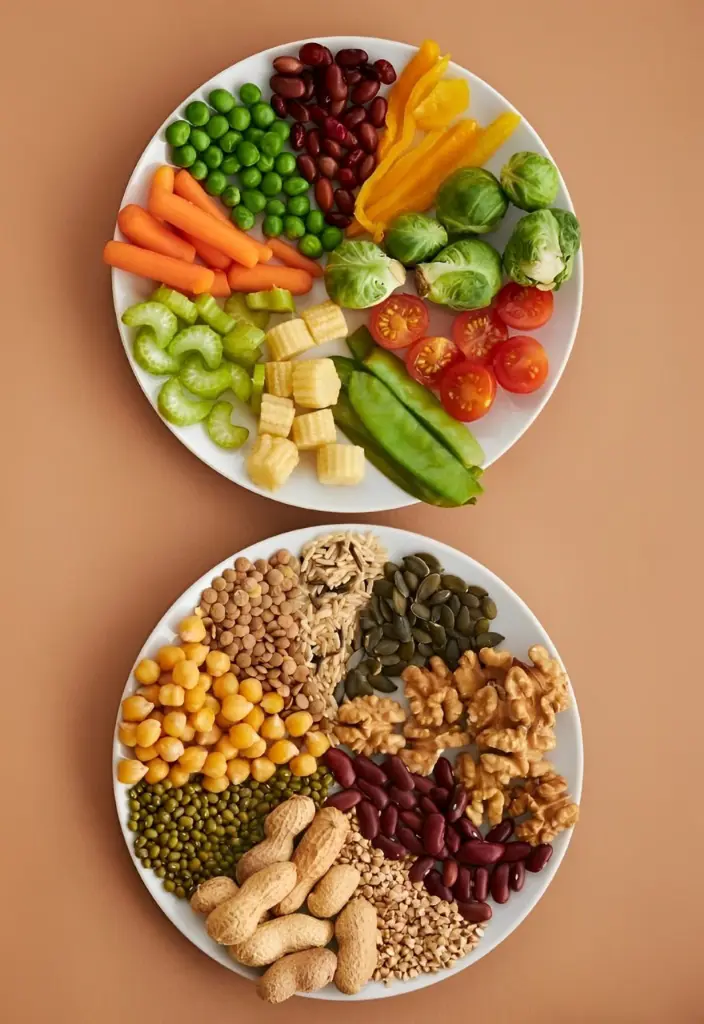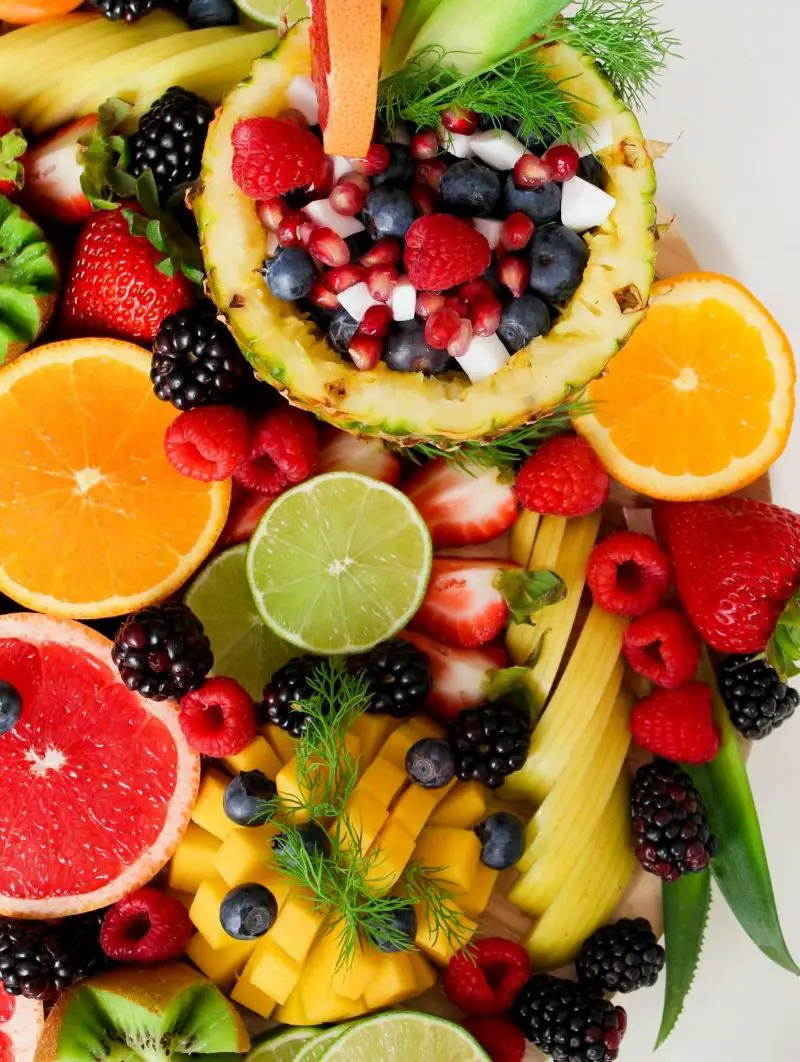1. Leafy Greens
Leafy greens are essential for gum health because they are rich in vitamins and minerals that support oral hygiene. They contain high levels of vitamin C, which helps reduce inflammation and strengthen blood vessels, keeping gums healthy.
Additionally, leafy greens like spinach and kale are high in calcium, which is vital for maintaining strong teeth and jawbones. Their fibrous nature also stimulates saliva production, which naturally cleans the mouth and reduces harmful bacteria.
Hence, incorporating leafy greens into your diet can therefore help prevent gum disease and promote overall oral health.
